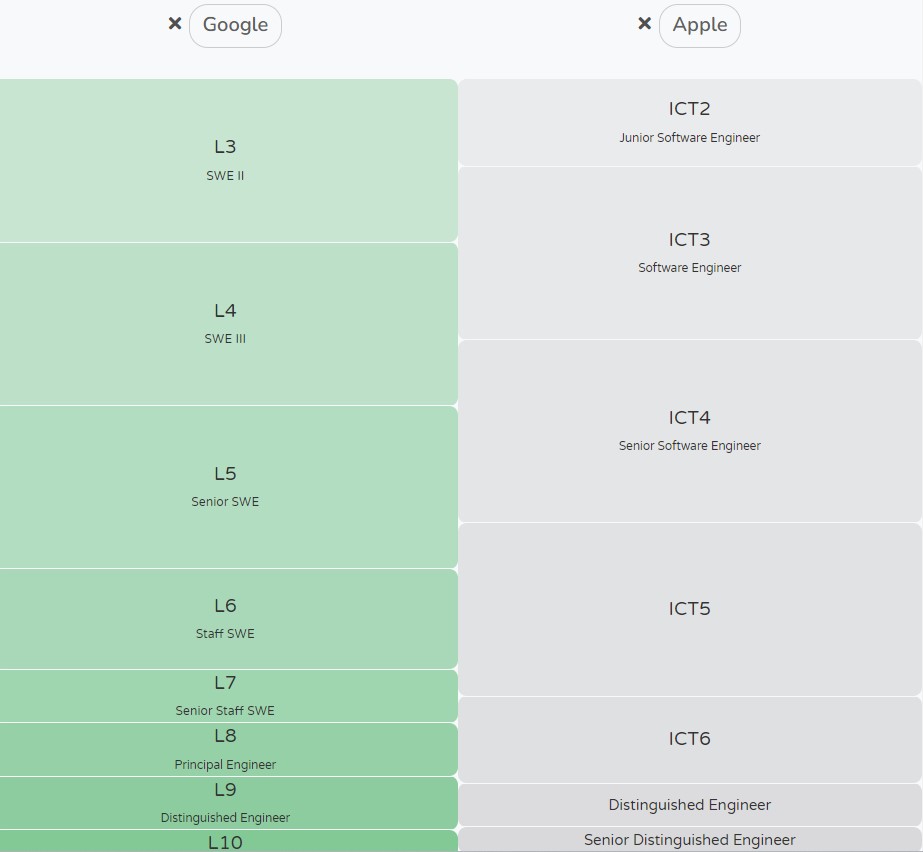Shattering the Scouter
There’s no denying the enduring legacy of Dragon Ball Z. Its influence persists throughout music, sports, television, film, social media, and popular culture, cementing its lasting relevance. Whether you’ve seen an episode or not, chances are you’ve encountered references to the show, perhaps unknowingly! We have it to thank for one of the greatest memes of all time, namely Vegeta’s dumbfounded “It’s over 9000!” remark after assessing Goku’s power level with a scouter device.

Vegeta, the proud prince of Sayians, came to Earth with aspirations of conquest. Armed with a device capable of gauging an individual’s power level (combat ability), he viewed Earth as a feeble, primitive world, devoid of anyone who could challenge his invasion. To Vegeta, strength was everything. He believed a person was only as valuable as their power level. He’d only met a few select individuals in the galaxy with a power level greater than his own, one of whom destroyed his home planet (the scheming cosmic despot Frieza). Consequently, there was a range of power levels that he (and the scouter) considered normal. Sentient creatures fell within this established range, of which he was on the higher end. To possess a power level beyond what the scouter could measure was unconscionable. That was until Goku, a displaced Sayian raised on Earth and thus unaware of his heritage (like Superman), was scanned, revealing a power level beyond what the scouter could measure. And so, the iconic “It’s over 9000!” meme was born, marked by Vegeta’s furious destruction of the now-useless device.
Vegeta went on to be defeated by Goku in single combat, rendering his previous notions of power obsolete. It was the start of his journey towards understanding that for many species, Sayians in particular, there was no limit to their power. It was only a matter of how hard they were willing to work to grow stronger. Goku had devoted himself to surpassing his limits time and time again, scouring the planet for worthy opponents to challenge. He didn’t grow up with a scouter telling him when he’d reached the “next level” of power. Instead, he went out and tested himself, measuring his growth by his ability to beat someone or do something he couldn’t do before. Goku had no concept of a “power level”. For him, there was only the continual pursuit of being better today than he was yesterday. Without confines on his perception of power, Goku’s potential was limitless.
From Power Levels to Corporate Levels
In the corporate world, there’s a system similar to Dragon Ball Z’s power levels, except it (thankfully) doesn’t measure combat ability. Instead, it measures an employee’s stature within the company, determining things like compensation, job duties, and decision-making responsibilities. As a software engineer at a tech company you’ve probably heard of, I’ve grown familiar with this corporate leveling system, and while I see its merits, I also see its pitfalls.
Companies may use different terminology, but the basic idea of corporate leveling is the same. Employees are hired at a level and must meet certain (sometimes vague) requirements to be promoted to the next one. There’s a great website called Levels.fyi that pools leveling and compensation data for many large corporations. I find it particularly useful for seeing how levels at different companies measure up to one another. Check out how Software Engineering levels at Google and Apple compare.

You can see that there’s overlap, and some disconnect, between their notions of what makes you a Junior, Senior, and Principal Software Engineer. You could be an L4 Software Engineer III at Google doing work Apple would consider worthy of their ICT4 Senior Software Engineer post. There are many such combinations of levels being comparable in some ways and not in others across companies. The takeaway is that while leveling is instrumental to an employee’s experience, it can also be arbitrary, inaccurate, and potentially limiting to one’s career velocity.
If you’ve ever browsed the professional social network Blind, you’ll see employees from across tech congregating to discuss, debate, and seek advice related to leveling. Just like Vegeta, many of us define ourselves by a leveling system that’s meant to determine our value, potential, and power within a company. There are good reasons for having levels, but things become dangerous when we start viewing our careers through the lens of a corporation’s estimation of our abilities.
The Perils of Corporate Leveling
I recently had lunch with a former teammate who was unhappy with his new team. As we discussed his concerns, it became clear that making another move, either internally or externally, would be best for him. He had been applying for internal transfers, but only at his current level. There’s a sort of unspoken rule at our company that internal transfers are horizontal. You typically aren’t able to ascend in level by switching teams, except in rare cases. My colleague was certain that hiring managers would only consider him for a position at his current level. While this conventional wisdom was sound, there was something about it that didn’t sit right with me.
Our company’s leveling system is well-intentioned, but it’s inherently flawed. I’ve seen people demonstrate skills beyond their current level for well over a year, and yet, they weren’t promoted. I’ve also seen people at higher levels produce less value than you’d expect, with junior members carrying a lot of the team’s load. We’re told that to be promoted, we must be operating at our target level for some arbitrary amount of time. While getting paid on your current level, you’re meant to be producing like the next. The idea is that during the annual rewards season, things will balance out with a nice bonus and a promotion. But what if that doesn’t happen? It can have a devastating impact on employee morale. Some people leave the company, while others become lethargic, viewing hard work as wasted effort. Still, others develop impostor syndrome, doubting their abilities in ways that can be paralyzing.
And so, when my colleague shared that he was limiting his search based on level, something clicked, and the idea for this article was born. I’m not sure what it says about me that Dragon Ball Z came to mind when I thought about surpassing limits, but I write now what I said to him then. Forget the leveling system. It’s imperfect, subjective, and varies across companies, let alone teams within the same one. The leveling system is standardized in a way that prevents it from properly accounting for nuanced situations. Managers are supposed to help fill in the gaps, but they’re only human. Sometimes they’re biased, sometimes they’re negligent, and other times, by no fault of their own, politics, bureaucracy, and budget limitations prevent them from promoting someone who deserves it.
Don’t Limit Yourself
While I understand the merits of corporate leveling systems, I can’t help but feel that we the worker bees, the commoners, the cogs in the machine, are doing ourselves a disservice by viewing our careers through them. What if we broke the scouter? What if we became more like Goku, always striving to be better, fearlessly pursuing our goals, and not letting a leveling system dictate our worth? That’s the advice I had for my colleague. Toss the scouter. Apply to any position that interests you, regardless of your current level. Don’t let the job description intimidate you. The bullet points were probably written by an SEO-obsessed recruiter shoving in keywords in hopes of finding the perfect candidate. But we don’t live in a perfect world. If you’re passionate about the role, you’re already halfway there. Sometimes you grow into a position. You can’t always wait until a leveling system tells you you’re ready before you take the plunge.

Now, of course, be reasonable. Don’t apply for a job as a brain surgeon if you’ve no background, experience, or training in the field. That’s a waste of your time, and that of the hiring team, who like you are deserving of respect. However, if there’s a job you’re interested in, and maybe you don’t meet all the requirements, or it’s a step or two above your current level, don’t be discouraged. Apply. Don’t wait around for your company to finally put you on the “right” level. Don’t limit your potential or aspirations based on the company’s current estimation of your abilities. If you apply to a position and don’t get it, that’s alright. Imagine if Goku had only fought people he knew he could beat. He’d have never surpassed his limits to become a Super Saiyan. Don’t be defeated before you’ve even tried. Put yourself out there and see what happens. Shooters shoot, take your shot.




